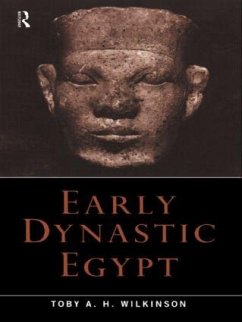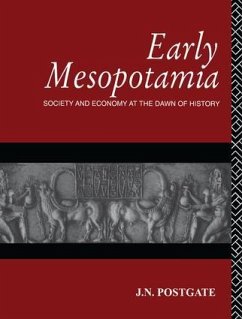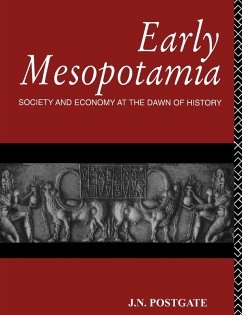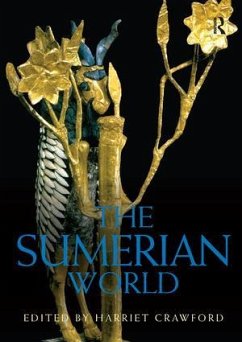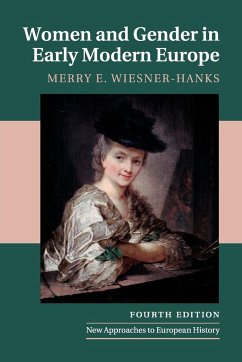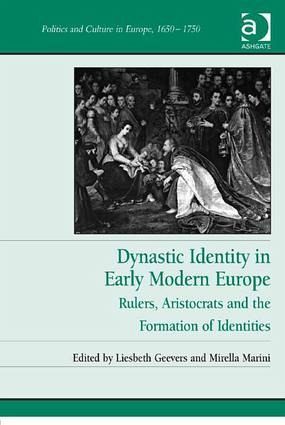
Dynastic Identity in Early Modern Europe
Rulers, Aristocrats and the Formation of Identities
Herausgeber: Geevers, Liesbeth; Marini, Mirella

PAYBACK Punkte
84 °P sammeln!
Aristocratic dynasties have long been regarded as fundamental to the development of early modern society and government. Yet recent work by political historians has increasingly questioned the dominant role of ruling families in state formation, underlining instead the continued importance and independence of individuals. In order to take a fresh look at the subject, this volume provides a broad discussion on the formation of dynastic identities in relationship to the lineage's own history, other families within the social elite, and the ruling dynasty.








